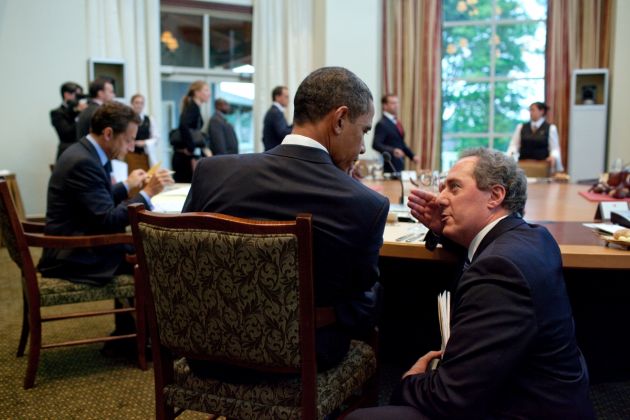Obama meets with tech industry leaders on US government spying

President Barack Obama told anxious leaders of the tech industry during a meeting in Washington last Friday he would live up to a previous promise to curtail the government's mass collection of American phone data. He would also extend greater privacy protections to non-Americans ensnared by NSA surveillance
The White House said the President updated the executives on implementing overhauls announced in January. He also provided details of the review of what is called "Big Data," saying that he is looking for ways to "spur innovation" while "minimizing the risks to privacy."
In a speech last January, Obama set a deadline of March 28 to receive recommendations from Justice Department and spy-agency leaders about how to best revamp the NSA's phone data program.
Media reports said the White House is considering four restructuring options: rebuilding the program with data housed at phone companies; housing data at a government agency other than the NSA; housing data at a third party and scrapping the program altogether and obtaining data though other investigative means.
The President, however, hasn't publicly commented on the issue of most concern to the tech industry: the government's persistent efforts to undermine online encryption and computer security. These efforts have led the industry to enhance the protection of users from snooping. Google, Yahoo, Microsoft and Facebook recently resorted to encryption to protect the privacy of their users.
The Friday afternoon meeting included Facebook CEO Mark Zuckerberg, Google Executive Chairman Eric Schmidt, Netflix CEO Reed Hastings, Box CEO Aaron Levie, Drop Box CEO Drew Houston and Palantir Technologies CEO Alexander Karp.
NSA Director Gen. Keith Alexander told Congress last month the U.S. could restructure the phone-data collection program by narrowing it to only include terrorism-related data. He said the information the NSA needs about terrorist connections might be obtainable without first collecting what officials have termed "the whole haystack" of U.S. phone data.